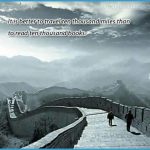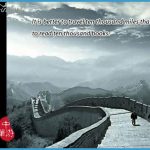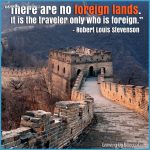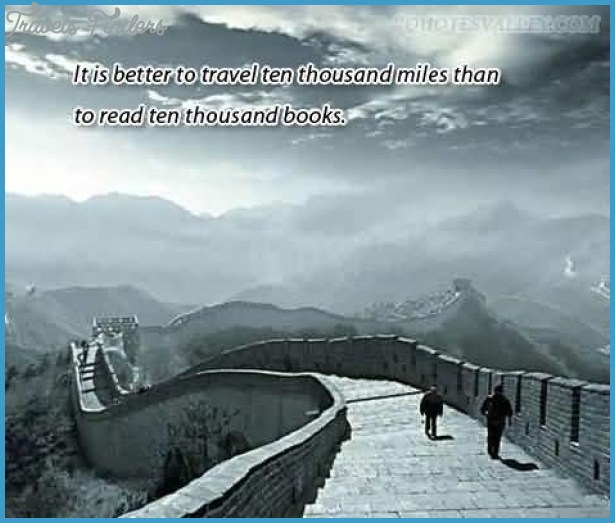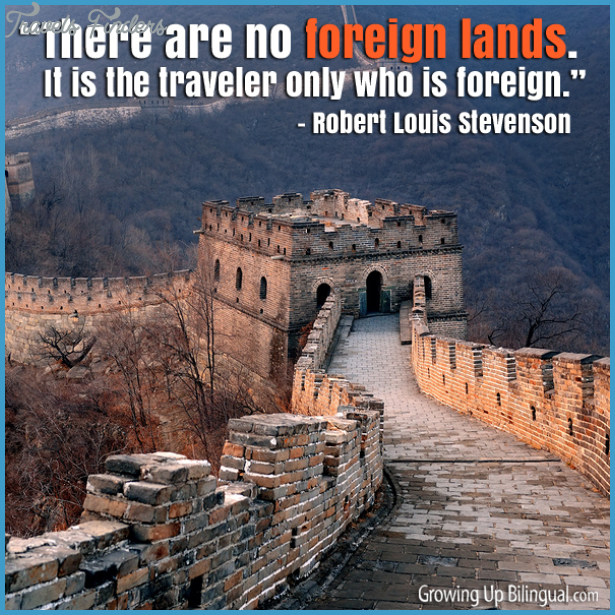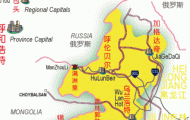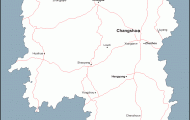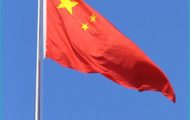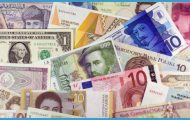Generally speaking there are few restrictions on photography, although it is always better to seek permission first. This is especially true when taking photographs of people, to guard against giving unintended offence. The Chinese dislike over-familiarity, so avoid for example putting an arm around a Chinese person if being photographed together.
Prostitution is targeted by the authorities as one of the “six bourgeois sins”.
It is standard practice for foreigners to be charged two or even three times the “domestic” rate for air and rail tickets, hotel accommodation, entrance fees, etc. This does not mean that prices are necessarily unreasonable by western standards, but a degree of watchfulness is required. Any complaint, should the occasion arise, is always best delivered politely and in a friendly manner.
China’s official currency is the people’s money, the renminbi (RMB). This is based on theyuan which is divided into 100fen or 10 jiao or mao. There are banknotes for 1, 2, 5, 10, 50 and 100 yuan or mao as well as coins and banknotes for 1, 2 and 5 fen.
Foreign tourists before 1993 took their own currency, the Foreign Exchange Certificates (FEC), while the Chinese locals used the renminbi (RMB). Now tourists can acquire RMB from the Bank of China or the Exchange Counter based in tourist hotels.
The import and export of Chinese currency was forbidden until recently but the latest information is that travellers may now take in and bring out up to 6000 yuan – a currency not normally stocked by European banks in any case.
It is necessary to complete a declaration form on entry listing any foreign currency or valuables such as jewellery, cameras, etc. which you are bringing in with you. Your copy of this has also to be presented on departure. See also Customs Regulations.
China has no minimum exchange regulations for European or North American currencies.

